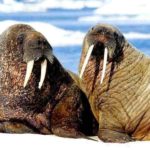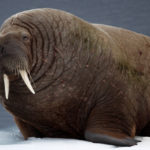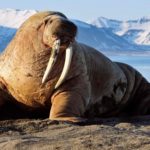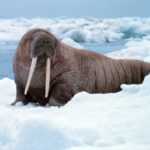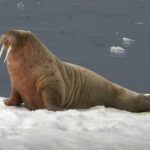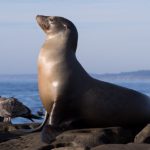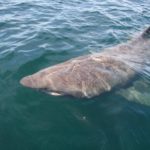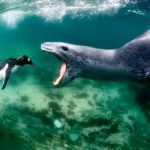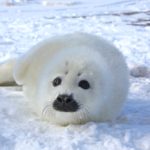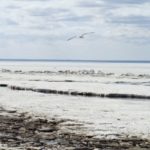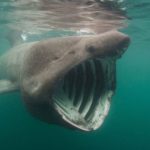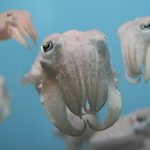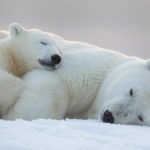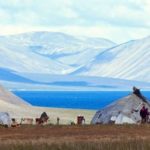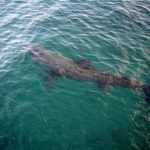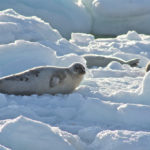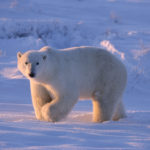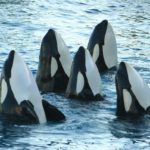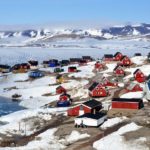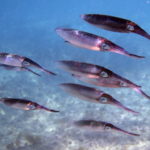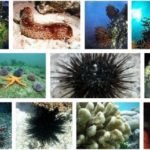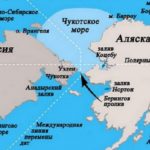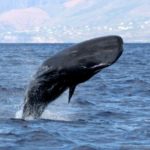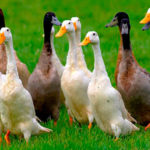Facts about walruses
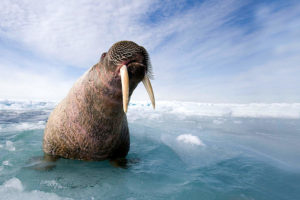 One of the largest representatives of the Arctic fauna is the walrus. Despite its frightening appearance and long protruding fangs, the walrus is more of a calm and not aggressive mammal. They feed on crustaceans, mollusks and invertebrates, sometimes they catch fish, they do not refuse from falling. Most of the time walruses like to spend on the beach, spreading and basking under the warm sunlight.
One of the largest representatives of the Arctic fauna is the walrus. Despite its frightening appearance and long protruding fangs, the walrus is more of a calm and not aggressive mammal. They feed on crustaceans, mollusks and invertebrates, sometimes they catch fish, they do not refuse from falling. Most of the time walruses like to spend on the beach, spreading and basking under the warm sunlight.
- Despite its size and sluggishness, the walrus’s limbs are rather mobile – the claws of the rear fins of the walrus are able to scratch their necks.
- In Greek, the word “walrus” means “walking on the teeth.” To get out of the water its massive body, walrus, like a harpoon, clings to the fangs behind the hard surface of the ice.
- From the hypothermia of walruses protects a thick subcutaneous layer of fat. The layer can reach 10 cm in thickness and make up to 25% of the total mass of the animal.
- The walrus hunts with the help of its whiskers – vibrissae. They are simply “stuffed” with nerve endings and are an indispensable tool for probing the seabed.
- After several hours of sunbathing, the walrus skin turns pink – this is the effect of the expansion of blood vessels.
- Walrus skin is usually about 20 percent of the total mass of their body. Under the skin is a layer of fat about 15 centimeters thick, allowing animals to keep the heat in ice water.
- In the Bay of San Francisco, fossilized walrus remains were found, age 28,000 years, which indicates that once walruses were spread much south of the Pacific during the last ice age.
- Walruses suck meat from the shells of shellfish – this is their favorite food product. The mouth cavity of the walrus has a unique shape, allowing them to easily procure themselves food.
- Unfortunately, walruses have been an object of hunting since ancient times. Skins, tusks, fat and other parts of the mammal’s body were used in the economy by residents of the Far North. Catastrophic impact on the walrus population is caused by melting ice, pollution of the coastal zone and waters, emergency spills of petroleum products.
- To date, walruses (the Atlantic subspecies) are listed in the Red Book of Russia as an endangered species.
